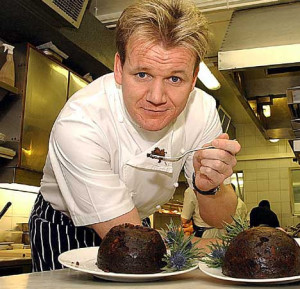Executive Chefs are on the the top rung of the chef ladder. And as with most top rungs, the position is often less about day to day cooking and more about administration. The only exception is if the establishment boasts a Chef De Cuisine.
The Executive Chef (sometimes known as Chef Manager) is the person in charge of the kitchen, or in large operations it could be several kitchens.
They are responsible for the safety and smooth running of the kitchen operation. They must be able to spot problems quickly and solve them efficiently maximising the productivity of the kitchen. The buck stops with them in regard to kitchen hygiene and work safety.
Executive chefs supervise other kitchen personnel, hiring, firing and promoting staff, giving performance reviews and payrises.

Executive Chefs make the final decisions on menus, they may develop recipes for the other chefs to reproduce and plan or prepare special menu items for customers with special dietary needs. They are also often responsible for pricing menu items
They often work long hours, with 12-hour days being common.
The Head Chef or Sous Chef report directly to the Chef Manager as they are directly below him in the kitchen heirarchy.
The Executive Chef is unlikely to report to anyone higher in the cheffing heirarchy, unless there is a Chef De Cuisine.
Work experience is the most important requirement for executive chef positions, though a qualifications in catering or hospitality are recommended.
However, as one of the main aspects of the job is managing and motivating a diverse groups of people operating in a highly pressurized environment, personnel management skills are key.
Additionally customer services skills are desirable as interaction with the customers at this level is quite common.